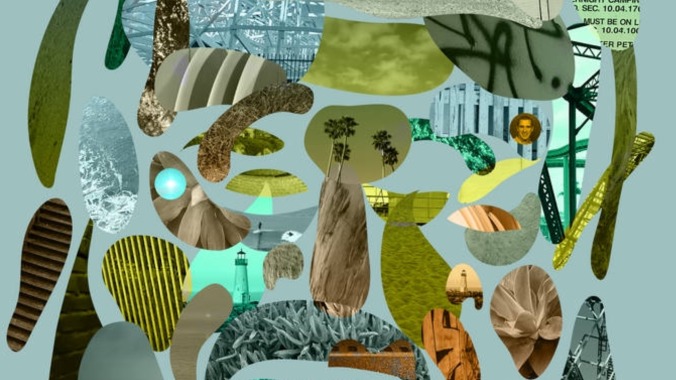David Bazan Comes of Age on Pedro the Lion’s Santa Cruz
The Seattle singer-songwriter’s latest autobiographical album covers what shaped his musical identity as a teenager.

Now we’re getting to the good stuff. After unpacking his childhood on albums in 2019 and 2022, David Bazan has arrived at his teenage years and early adulthood on Santa Cruz, the third entry in an autobiographical arc by Pedro the Lion. This is when Bazan starts coming into his own, figuring out who he is and shaping the musical identity that has carried him through more or less until now.
Part of that process involved stepping back into Pedro the Lion, a moniker that had been dormant for 11 years before Bazan revived it in time for the 2019 album Phoenix. That LP was a collection of songs revisiting his childhood in the city where he was born and lived until his family moved away after seventh grade. Havasu in 2022 continued the narrative, as Bazan sorted through the tricky ambivalence of being a pre-teen who has no choice but to go along for whatever ride his parents are on, made all the more complicated by his religious upbringing.
-

-

-

-

-

-

-

-

-

-

-

-

-

-

-

-

-

-

-

-

-

-

-

-

-

-

-

-

-

-

-

-

-

-

-

-

-

-

-

-








































